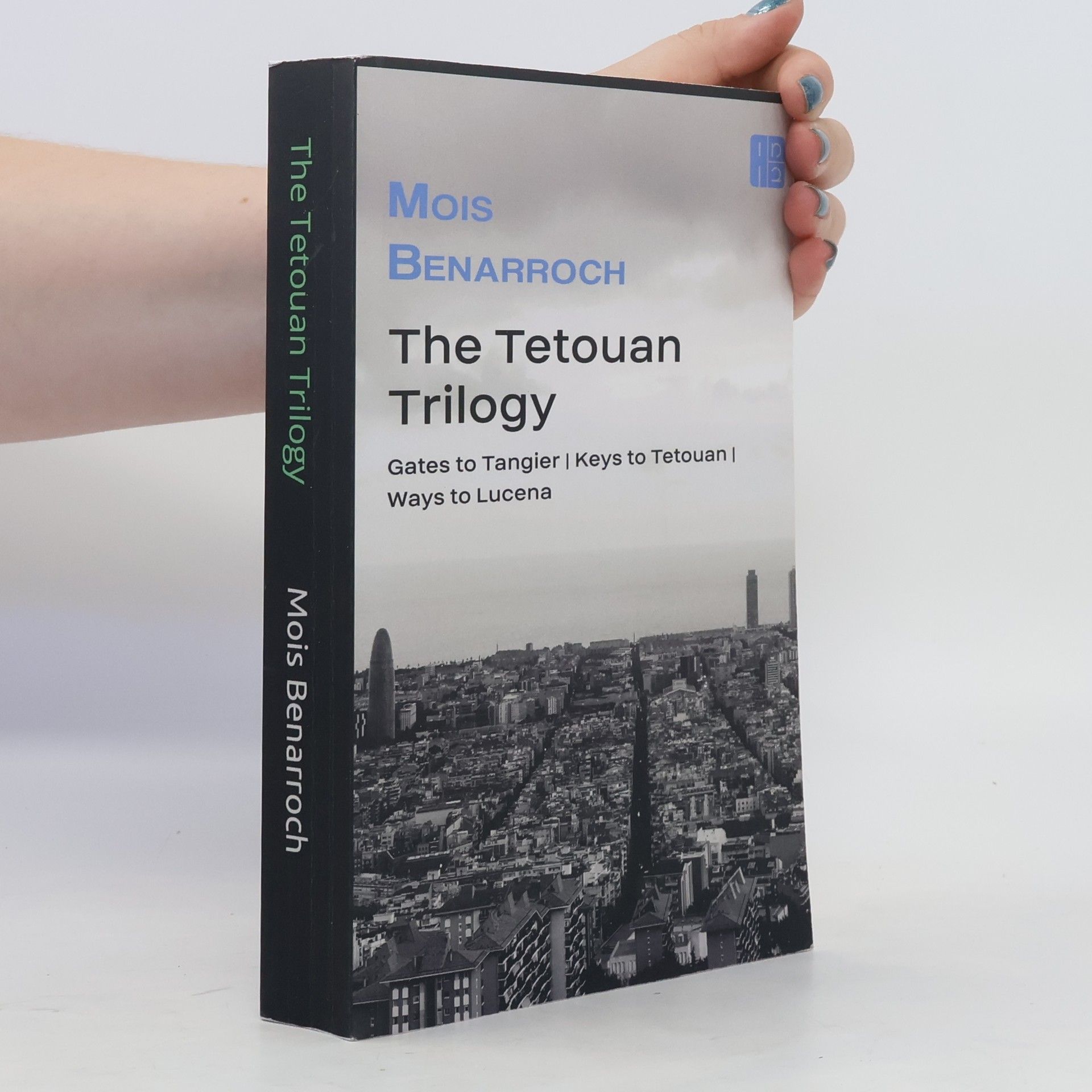Take Me to the Sea
- 170 pages
- 6 hours of reading
Renowned for his multilingual poetry, Benarroch captures the essence of the world through his verses. Critics like Julia Uceda and Jose Luis Garcia Martin recognize his work as both a profound reflection of his experiences and a historical document. Starting his poetic journey at 15, he initially wrote in English before embracing his native Spanish and later Hebrew. With six poetry collections published in Israel, his unique voice resonates across cultures and languages, making him a significant figure in contemporary poetry.

